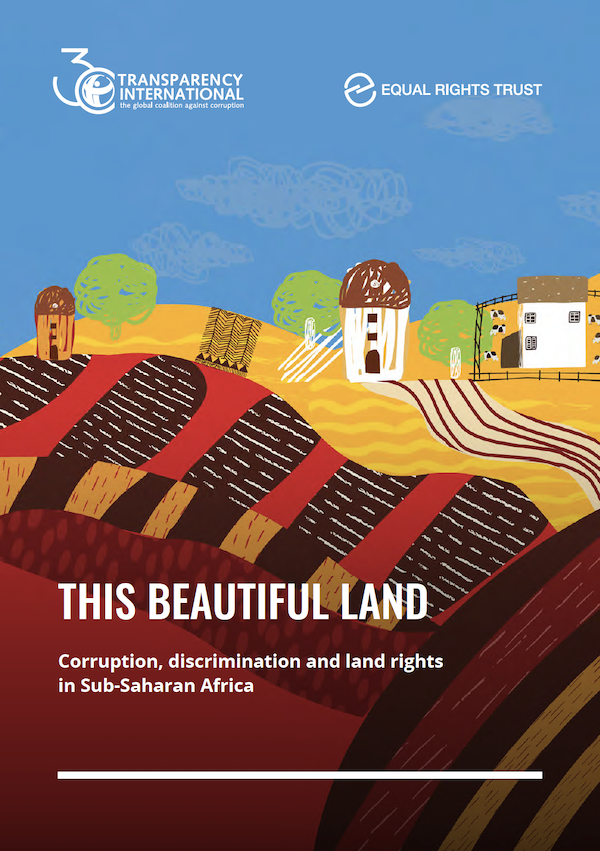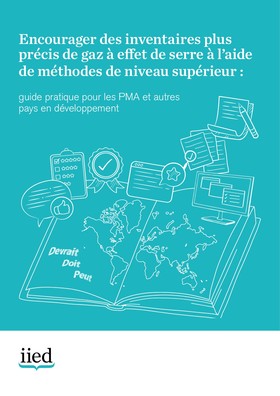<a href="https://www.gov.za/documents/acts/expropriation-act-13-2024-english-sepedi-24-jan-20… Africa's Expropriation Act of 2024</a>, is at the centre of…
In 2021, Transparency International and the Equal Rights Trust published <em>Defying Exclusion: Stories and Insights on the Links between Discrimination and Corruption</em>. Bringing together a diverse group of case studies from across the globe, it documented and illustrated the…
L’une des principales exigences de l’Accord de Paris en matière de climat est que les pays rendent compte de leurs émissions de gaz à effet de serre (GES) et des mesures prises pour réduire ces dernières. En améliorant la précision de leurs inventaires d’émissions, les pays peuvent prendre des…
This article discusses the implication of the 2021 CASAC v Ingonyama Trust judgment on South Africa’s land governance policy trajectories. It explores the extent to which there are missing links between policy imperatives, the legal system, court processes and socio-economic…
A blog call on policymakers and research-for-development organizations to take action to mitigate the possible impacts of the current developing El Niño event on small-scale farmers and rural communities and to keep tracking seasonal climate fluctuations. Multiple climate prediction centers…
Bedru Balana, Research Fellow, IFPRI, presented these slides at the AAAE2023 Conference, Durban, South Africa, 18-21 September 2023. The authors acknowledged the contributions of CGIAR Initiative on National Policies and Strategies, Google, the International Rescue Committee, IFPRI, and USAID.…
Soil erosion is a global environmental problem and a pervasive form of land degradation that threatens land productivity and food and water security. Some of the biggest sources of sediment in catchments are cultivated and abandoned lands. However, the abandonment of cultivated fields is not…
Spatial conservation prioritization does not necessarily lead to effective conservation plans, and good plans do not necessarily lead to action. These “science-action” gaps are pernicious and need to be narrowed, especially if the international goal of conserving 30% of the planet by 2030 is to…
Land degradation is a major risk to the sustainability and functioning of socioecological systems (SES), especially in arid/semiarid regions. By understanding a system and its interlinkages, the socioecological approach offers an innovative way to explore degradation. This is achieved through a…
The growing population in informal settlements expedites alterations in land use and land cover (LULC) over time. Understanding the patterns and processes of landscape transitions associated with informal settlement dynamics in rapidly urbanizing cities is critical for better understanding of…
This report presents field activities carried out in the period 2019-2022 in support of farmer-managed seed systems in South Africa, in particular the conservation efforts and participatory variety selection (PVS) carried out by the community seed banks of Gumbu, Jericho and Sterkspruit. The PVS…









